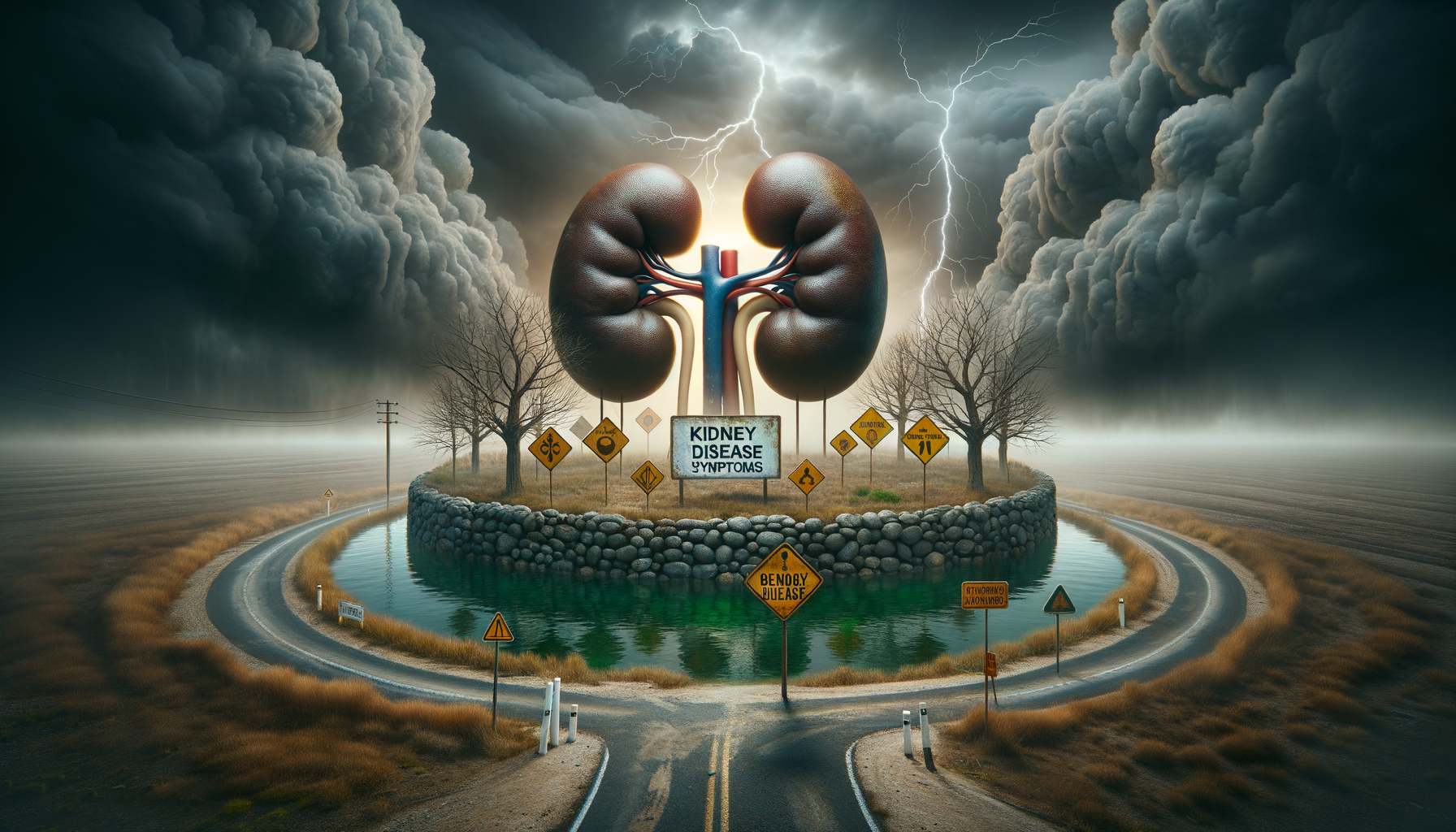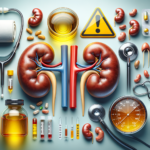Introduction to Kidney Health
Kidneys are vital organs that play a crucial role in maintaining overall health by filtering waste and excess fluids from the blood. Keeping these organs healthy is essential, yet kidney disease often goes unnoticed until it reaches advanced stages. Understanding the early symptoms and signs of kidney problems can lead to timely detection and treatment, ultimately improving outcomes. In this article, we explore the early indicators of kidney disease, signs of kidney issues in adults, and methods to detect potential problems.
Early Symptoms of Kidney Disease
Recognizing the early symptoms of kidney disease can be challenging, as they are often subtle and easily mistaken for other conditions. However, being aware of these symptoms can prompt early medical consultation:
- Fatigue and Weakness: A decrease in kidney function can lead to a buildup of toxins and impurities in the blood, causing fatigue and weakness.
- Changes in Urination: Noticeable changes such as increased frequency, especially at night, or a decrease in urine output can indicate kidney issues.
- Swelling: Fluid retention due to impaired kidney function can cause swelling in the legs, ankles, feet, and sometimes the face.
- Shortness of Breath: Fluid buildup in the lungs can lead to difficulty breathing, a sign that requires immediate attention.
These early symptoms may not always be present or noticeable, which is why regular health check-ups are important for those at risk of kidney disease.
Signs of Kidney Problems in Adults
In adults, kidney problems can manifest through a variety of signs that warrant attention. Recognizing these signs can lead to early intervention:
- Persistent Itching: The accumulation of waste products in the blood can cause intense itching that doesn’t seem to go away.
- Metallic Taste in Mouth: A buildup of toxins can lead to a metallic taste in the mouth and bad breath, often described as “ammonia breath.”
- Nausea and Vomiting: Digestive issues such as nausea and vomiting can occur due to the body’s inability to rid itself of waste.
- Muscle Cramps: Electrolyte imbalances caused by kidney dysfunction can lead to frequent muscle cramps.
Adults experiencing these signs should consult a healthcare professional to assess kidney function and determine the appropriate course of action.
How to Detect Kidney Disease
Detecting kidney disease early can prevent further deterioration and improve quality of life. Here are some methods for detection:
- Blood Tests: Tests such as the Glomerular Filtration Rate (GFR) and blood urea nitrogen (BUN) can assess how well the kidneys are functioning.
- Urine Tests: A urinalysis can detect abnormal amounts of protein or blood in the urine, indicating potential kidney damage.
- Imaging Tests: Ultrasounds or CT scans can provide visual evidence of kidney size and structure, helping to identify abnormalities.
- Kidney Biopsy: In certain cases, a biopsy may be performed to obtain a tissue sample for further analysis.
Regular screening and monitoring are crucial for individuals with risk factors such as diabetes, high blood pressure, or a family history of kidney disease.
Conclusion: Taking Charge of Kidney Health
Understanding the early symptoms and signs of kidney disease empowers individuals to take proactive steps in maintaining kidney health. By recognizing potential issues early and seeking medical advice, it is possible to manage and treat kidney conditions effectively. Regular check-ups and a healthy lifestyle, including a balanced diet and adequate hydration, play significant roles in preventing kidney disease. Stay informed, be vigilant, and prioritize your kidney health to lead a fulfilling life.








